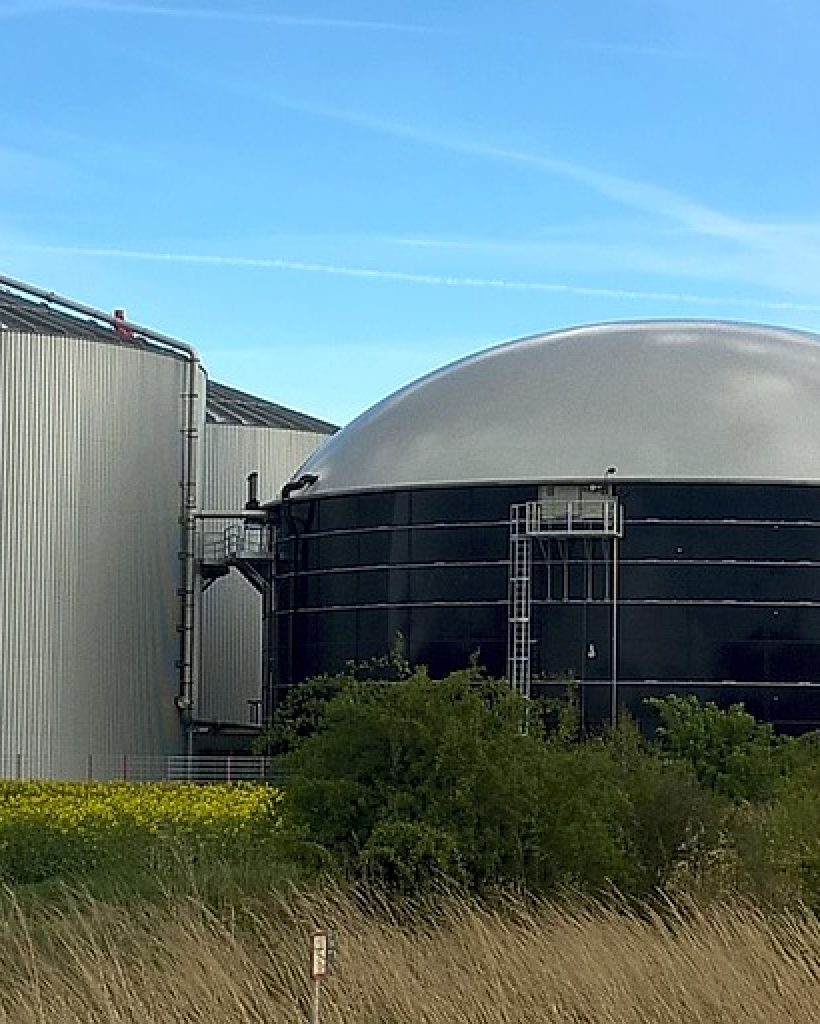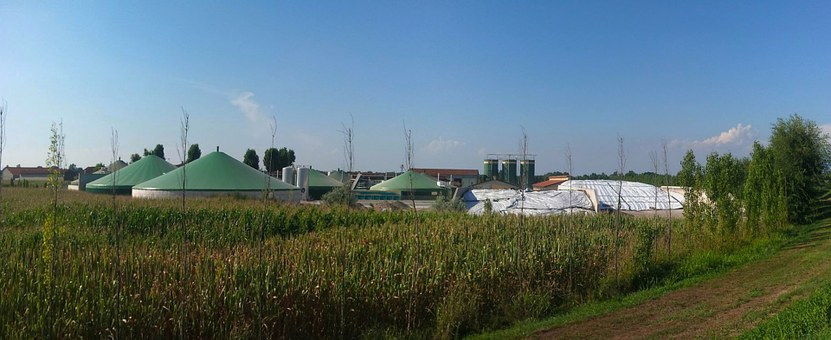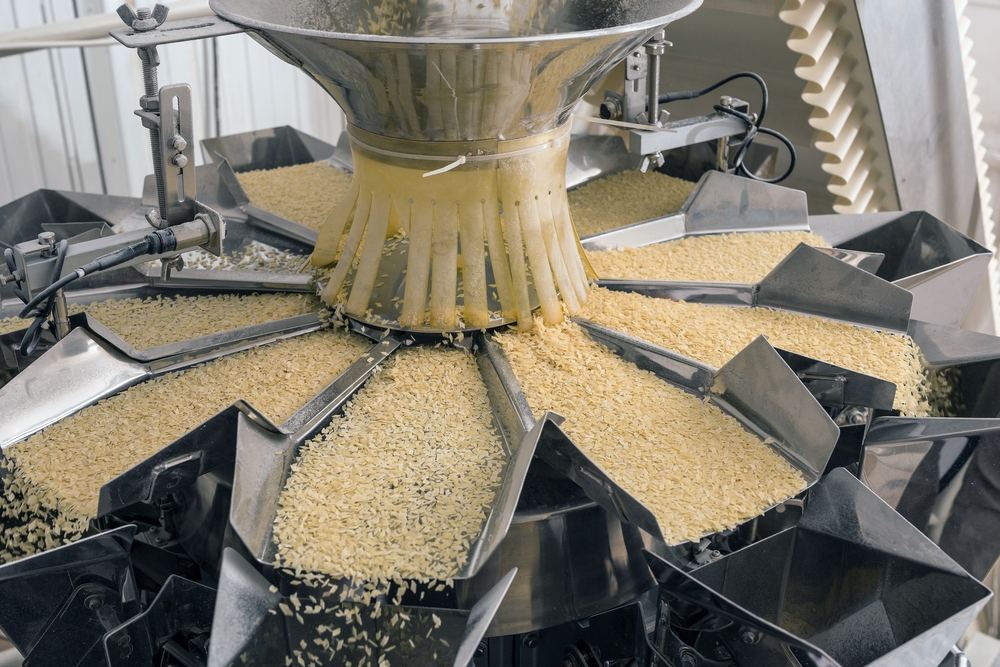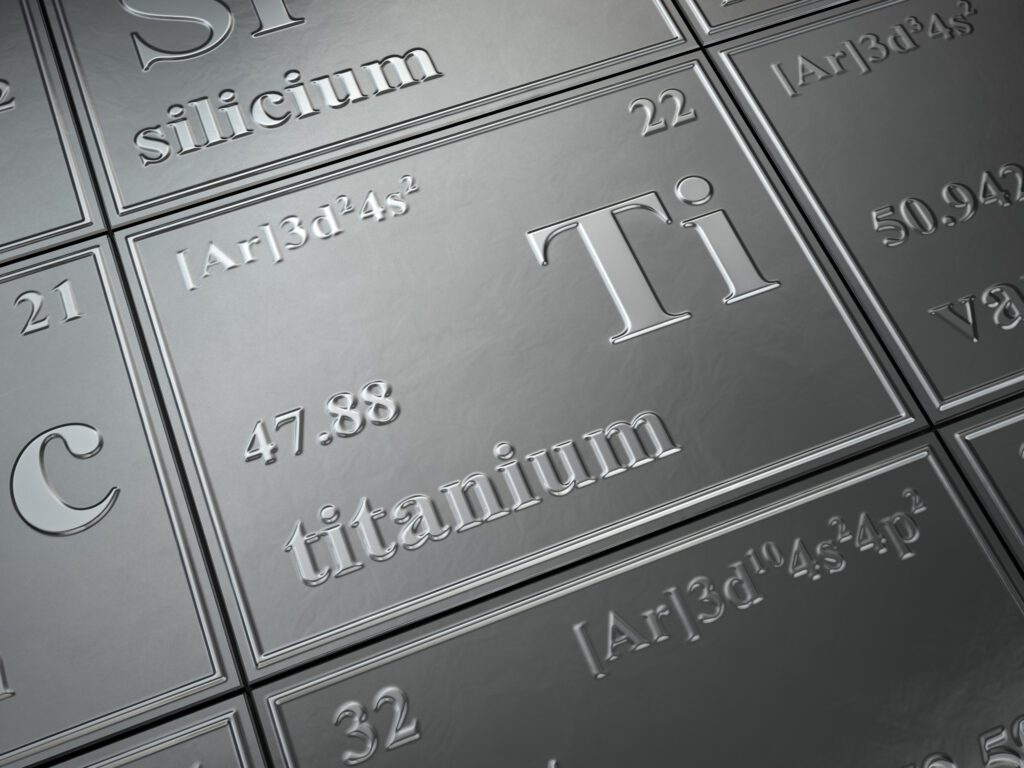Whitepaper
Compact AnMBR system for the Wisconsinbased dairy processor
Berghof Membranes, with its extensive experience in treating industrial effluent using PVDF tubular membranes, developed a compact AnMBR system for the Wisconsinbased dairy processor.
Biogas Plants


Decades of experience.
Biogas generation and digestate treatment
A biogas plant is a waste-to-energy installation where different waste materials such as livestock manure, organic fraction of municipal waste, or residues from the agrifood industry are converted into biogas. Biogas is an environmentally friendly source of energy in form of heat, electricity, and even biofuels.
the use of biogas instead of the fossil fuels is drawing significant attention as a tool for tackling climate change and reducing the greenhouse gas emissions. Apart from the inherent sustainability, biogas also entails significant advantages such as easy storage and use under demand or the off-grid, localized energy production for on-site use.
The biogas plants are based in the anaerobic digestion process, consisting on a set of biological processes in which microorganisms digest the waste material in air-tight tanks, producing the mentioned biogas. Moreover, the so-called digestate is produced: it consists on the organic material left over after the digestion. Digestate is rich in organic matter and nutrients such as nitrogen, phosphorus and potassium. Therefore, it can be valorized as a high-quality fertilizer.
The use of digestate as a source of fertilizers requires certain treatment. The most conventional approach is to use centrifugation for liquid-solid separation. In this way, a solid residue and a liquid fraction (centrate) are obtained. Traditionally, the centrate has been disposed directly into the land for soil conditioning. This entails some benefits, as long as the organic matter and nutrients contained in the digestate are brought back to the land in form of nutrients, but has been shown to present certain limitations that can hamper the future consolidation of the waste-to-energy approach as an alternative to the conventional sources of energy. In this scenario, more advanced technologies for digestate treatment are required day after day for managing the digestate in a more sustainable way, better than direct land disposal.
Challenges for digestate management
Legal restrictions
For land spreading, limited mass of nitrogen applied per hectare.
Seasonal restrictions
For landfarming to be done in periods of maximum crop growth.
Competition
For land for spreading in areas with high livestock density.
As a result, the implementation of membrane technologies for digestate management appears as one of the best available technologies as long as it provides important benefits, not only for the environment but also for the biogas plant operators and farmers, such as:
- Meeting strict discharge limits;
- Cost savings for transportation, storage and spreading;
- Safety issues; no suspended solids and pathogens;
- New source of revenue from marketable concentrated and high-quality fertilizers;
- Production of high-quality treated water, complying with the requirements for discharge or reuse.
Benefits of tubular membrane solutions for digestate treatment
As previously introduced, the waste-to-energy process for biogas generation produces the digestate stream as a recoverable product that needs to be adequately managed. The digestate presents difficult to biodegrade organic matter, a significant presence of suspended solids, and high concentration of nitrogen. Berghof tubular UF is applied in two different configurations according to the treatment objectives, the project’s particularities and of course, focusing on achieving the most competitive CAPEX/OPEX in each case.
The external tubular MBR allows removing the difficult to biodegrade organic matter and nitrogen and produces high-quality water for discharge or reuse. On the other hand, direct tubular UF preserves and concentrates the nutrients for valorization producing high-value biofertilizers with minimal use of chemicals.
Applications of tubular UF membrane technology for biogas plants
MBR | Digestate Treatment
Direct Filtration | Nutrient valorization
Please choose the application that applies to you.
Is your application not listed? Then please contact us.
Manufactured in Germany
Made in a state-of-the art LEAN-production facility, with highly-trained production personnel and materials of the highest quality.
With 50 years of experience and more than 2.000 projects worldwide, Berghof Membranes is the leading manufacturer of high quality tubular ultrafiltration membranes.
Tubular UF Membrane Modules
To prevent fouling and clogging, Berghof Membranes developed its line of robust tubular UF (ultrafiltration) membrane modules based on inside-out crossflow filtration.
Membrane Skid systems
Berghof Membranes developed B-SMART®, a customizable external membrane filtration system that can be designed with various features and functionalities.
Pilot systems & Lab testing
Bridging the gap between lab-scale testing and manufacturing. Our team of experts gives you the confidence to apply the technology for your specific wastewater challenges.
B-CARE® Service and Support
The B-CARE® program is an end-to-end comprehensive program developed to support our OEM partners from the piloting/engineering phase to operational system monitoring.
Case Studies
Our projects
50 years of experience and more than 2.000 project references across the globe.

AnMBR | Dairy Industry
A dairy processor in Richland County, Wisconsin needed to find an efficient process to generate electricity and heat from their wastewater and to further treat anaerobic industrial wastewater.

MBR | Food & Beverages
In order to meet the increasing demand, Holland Malt has decided to double its
malting capacity. For this the company needed high-quality permeate to reuse for production.

Direct UF | Titanium Recovery
Our OEM-Partner needed to design a robust and adaptable UF system that could keep up with the high-solid streams and conditions of this demanding process while minimizing OPEX and fouling.
Think outside the box
When it comes to membrane filtration, think outside the box and contact Berghof Membranes today.
More than just a membrane supplier
Contact Berghof Membranes
Get in touch today
International Sales Office:
Agora 4, 8934 CJ Leeuwarden,
The Netherlands

